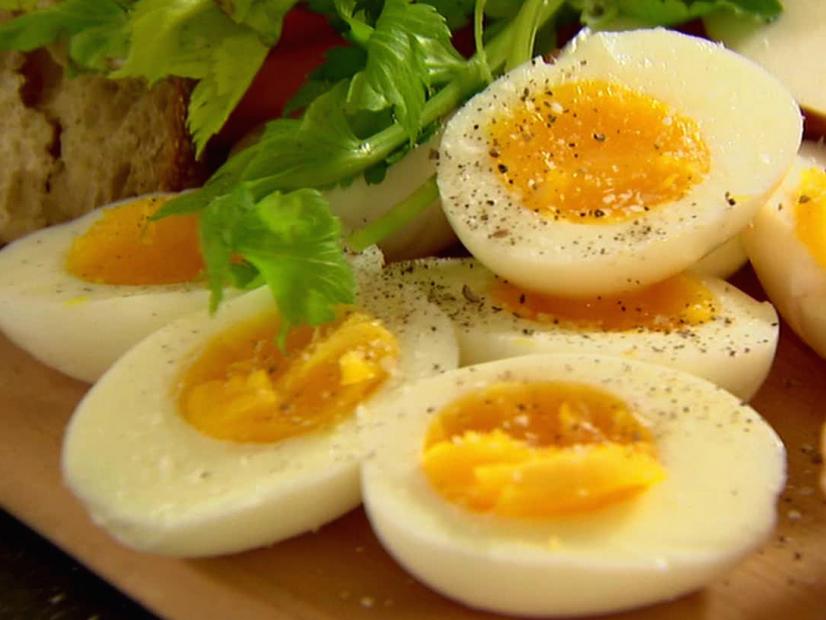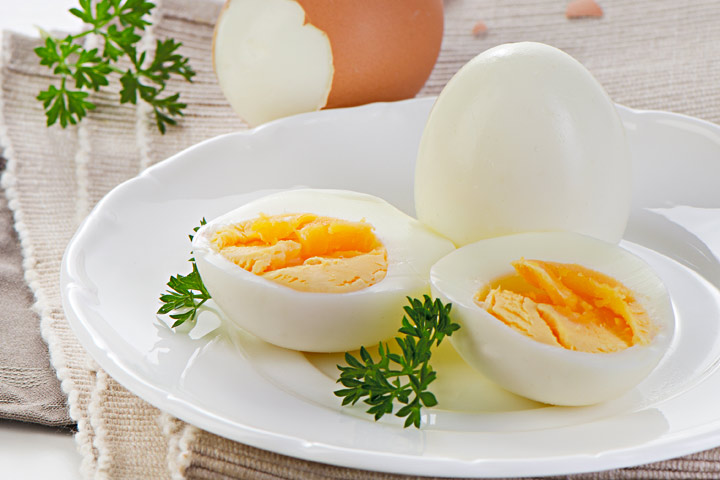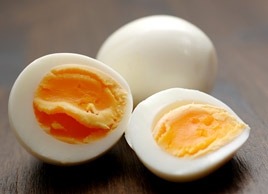Eggs Amazing Super Food
 |
| Add caption |
 |
| Add caption |
Choline Healthy Source
In the '70s, many doctors told their patients not to eat eggs, or at least egg yolks, in order to minimize their cholesterol and saturated fat intake. In reality, both of those are good for you, and eggs are one of the most important health foods available.
A single hard-boiled egg can contain anywhere from 113 milligrams27 (mg) to 147 mg28 of choline, or about 25 percent of your daily requirement, making it one of the best choline sources in the American diet.29 Only grass fed beef liver beats it, with 430 mg of choline per 100-gram serving.30 As noted in the Fatty Liver Diet Guide:31
"Eggs rank very high on the list of foods that are high in either lecithin, which converts to choline, or in choline itself. Note that this is the egg yolks only, not egg whites, which only have traces of this micronutrient.
Choline is essential in the production of phosphatidylcholine, a fat molecule called a phospholipid. But wait! Isn't all fat bad? No — especially if it is essential to overall health and in particular, liver health. Simply put — if you don't have enough choline, your liver can't move out fat. It instead begins to collect within your liver, creating fatty liver."
 |
| Add caption |
 |
| Add caption |
 |
| Add caption |
Are You Getting Enough Choline to Protect Your Health?
While a dietary reference intake value has not yet been established for choline, the Institute of Medicine set an "adequate daily intake" value of 425 mg per day for women, 550 mg for men35 and 250 mg for children36 to help prevent a deficiency and potential organ and muscle damage.
 |
Add caption
|
Another important nutrient you'll find in egg white is riboflavin or Vitamin B2. Riboflavin is a water-soluble vitamin which is involved in vital metabolic processes in the body and is necessary for normal cell function, growth, and energy production.
The yolk, is actually a very healthy food, if consumed in moderation. Mainly fat, the yolk contains 1.33 gm of cholesterol per 100 gms and is a rich source of vitamin A, B vitamins, calcium, phosphorous, lecithin and iron. The iron found in the yolk is easily digested and assimilated in the body. According to nutrition experts, one can eat one whole egg every day without harming one's cholesterol and other blood-fat levels.
 |
| Add caption |
Boiled eggs ... this is a comfort food that brings back yummy childhood memories. Boiling an egg is one of the healthiest way you can consume. A short cooking time produces a soft boiled egg, with a runny yolk while boiling the eggs for a longer time will give you a nice hard boiled eggs, which can be eaten plain, sliced, mashed and even added to variety of dishes.
Keep in mind, however, that requirements can vary widely, depending on your overall diet, age, ethnicity37 and genetic makeup. As noted in one paper,38 "People with one of several very common genetic polymorphisms in the genes of choline metabolism are more likely to develop hepatic dysfunction when deprived of choline."
Also, as discussed above, eating a diet high in (otherwise healthy) saturated fats may actually increase your choline requirement.
 |
| Add caption |
If you already have NAFLD, you'd be wise to pay careful attention to choline as well. A study on the severity of 664 people with NAFLD found that decreased choline intake significantly increased their symptoms, including fibrosis (the thickening and scarring of connective tissue).39
The tolerable upper intake level for choline is 3.5 grams per day. Side effects of excessive choline include low blood pressure, sweating, diarrhea and a fishy body odor.40
 |
| Add caption |
Eggs are a primary source of choline in the diet; with more than 100 mg of choline per egg yolk, they're an easy way to ensure sufficiency.











Comments
Post a Comment